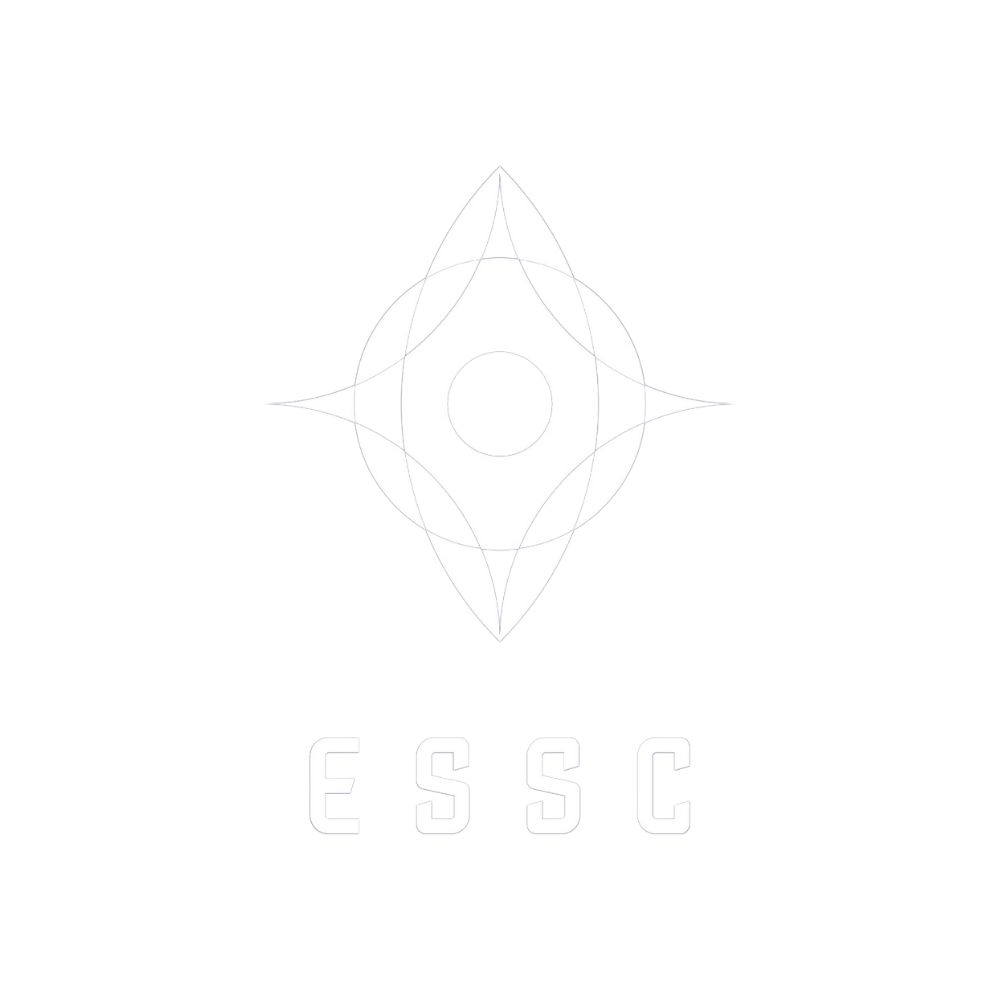ESSC Contributions to ESA CM25
As part of its mission to provide independent scientific advice to the European Space Agency, the European Space Sciences Committee has prepared a set of documents for the 2025 ESA Council at Ministerial Level (CM25). These documents have been developed by the ESSC membership.
They highlight Europe’s scientific excellence in space research, assess the ESA CM25 programme package, and provide recommendations to ensure that Europe remains at the forefront of astrophysical, planetary and fundamental physical research, human and robotic exploration and Earth observation.
On this page, you will find viewable and downloadable PDFs of all ESSC deliverables prepared for CM25. Please select the tab of the document and expand to download.
Prof. Chris Rapley, Chair of the ESSC, calls on European delegations to fully support ESA’s science-driven CM25 programmes, stressing that bold investment in exploration, Earth observation, and independent access to space is a strategic necessity for Europe’s autonomy, prosperity, and global leadership.
This Science Opportunity Analysis Report provides the ESSC’s independent assessment of ESA’s Mandatory, Exploration, and Earth Observation programme proposals for CM25, highlighting their scientific value, strategic relevance, and alignment with Europe’s long-term interests in space.
This document offers the ESSC’s independent scientific perspective on ESA’s science programme, underlining its transformative potential for Europe’s global leadership in discovery and innovation.
This brochure highlights Europe’s groundbreaking scientific achievements in human and robotic exploration, showing how ESA’s programme drives discovery, innovation, and international cooperation.
This brochure presents Europe’s leadership in Earth observation, demonstrating how ESA’s programmes provide vital insights for climate action, sustainability, and security.
A Masters Thesis produced by Francesca Seymore, University College London.
Abstract:
This dissertation examines how the European Space Sciences Committee (SSC) and its predecessor bodies established
legitimacy in European space governance between 1974 and 1985. Through documentary analysis of archives from
the Historical Archives of the European Union, Florence, the study traces the committee’s evolution from Sir Harrie
Massey’s Provisional Space Science Advisory Board to a permanent European Science Foundation committee.
Drawing on theories of boundary organisations and performative authority, the analysis reveals three mechanisms
through which the SSC constructed legitimacy. First, it performed authority, intervening in ESA’s formation and major
mission negotiations without formal standing. Second, it established jurisdiction by focusing on “long term” strategic
issues whilst avoiding operational matters. Third, it produced boundary objects enabling coordination across
fragmented communities: reports that reframed problems, workshops that built epistemic communities from
disconnected national groups, and partnership frameworks that established principles for collaboration with the United
States. These mechanisms reveal how boundary organisations operate in multilateral contexts, navigating multiple
national systems whilst maintaining independence from governmental influence. By examining how the SSC
transformed European space science from dispersed national efforts into coordinated programmes, the dissertation
demonstrates that scientific advisory bodies don’t simply transmit expertise but actively construct both their own
authority and the fields of activity they represent.
